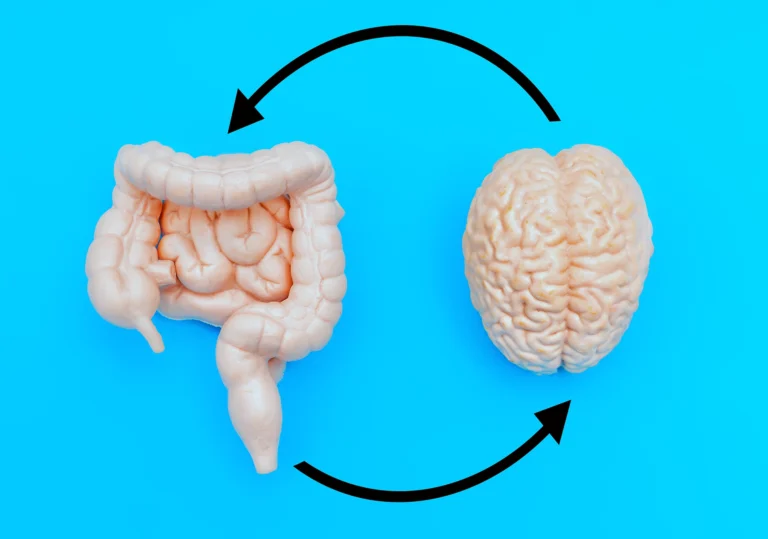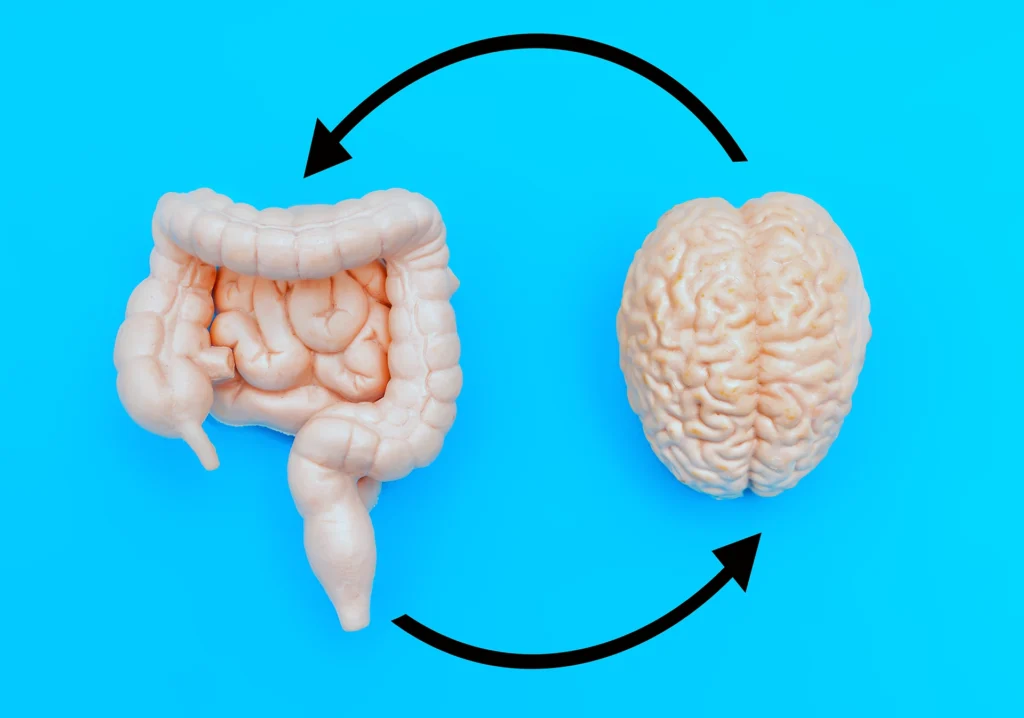The Gut-Brain Axis: What is it?
By
Jasmine Reblando

Nowadays, society and media have given great power to the links between gut health and mental health. There has also been a lot of attention surrounding information and products to ensure great gut health through the exposition of probiotic supplements and gut healthy foods. But often, the question still remains, is there truly a connection between the gut and the brain?
What is the Gut-Brain Axis?
The Gut-Brain Axis takes place between the Gastrointestinal Tract (GI Tract) and the Central Nervous System (CNS). The brain is influenced by your own memories, experiences and hormones while the gut is influenced by your diet, environment, genetics, sleep quality, and immunity. With all of these factors that contribute to the gut, it is bound to be a major player in influencing the body’s system as a whole. This is why the gut has been termed the “second brain” or Enteric Nervous System (ENS), suggesting that the gut and its microbiome contribute to one’s mental health and well-being. Individuals are born with a certain blend of bacteria depending on the microbiome of the mother, and the environment the fetus is exposed to immediately after birth. Overtime, each individual’s microbiome is created based on their diet, environment and the people around them.
How does it work?
The vagus nerve is a major two-way highway that connects the gut to the brain. As we know, the brain is the control system for each part of the body, but science is beginning to discover the bidirectional communication of how deeply the gut influences the brain. A change in the gut, leads to dysbiosis. This imbalance or disruption of the system may lead to mental health disorders like depression or neurological diseases such as Alzheimer’s. From this, the emotional and physical stress can impact the ENS resulting in changes to gut health, gut permeability and inflammation.
Instead of this one way road of communication from the brain to the gut, science is revealing the back and forth between the two systems. This nuanced signaling unravels this in-depth relationship in science.
Dr. Church says the gut microbiome and the brain are BFF’s, they go hand in hand. When one is out of whack the other soon follows.
How to prevent an unhealthy gut?
To prevent bad bacteria build up that would negatively affect the brain and body, a fiber-rich diet allows for the growth of prebiotic bacteria that promote good bacteria, and probiotics. In addition, some medications may negatively impact the gut microbiome by disrupting both good and bad bacteria.
With this, there is still a lot of control the host can do to best support a healthy and effective gut-brain axis. Using the support of clinically proven probiotic supplementation is on the rise to promote a healthy gut to best support mental health and the release of feel-good hormones. Additionally, physical health and a healthy diet and exercise further support a healthy brain and gut as a holistic method of approach.
This fascinating frontier between the communication and teamwork of gastroenterology and neuroscience highlights the utmost importance of what it means to have a healthy gut as it impacts the brain and body’s hormones, mood and health as a whole.
